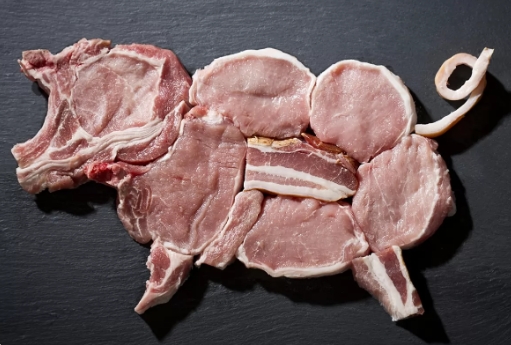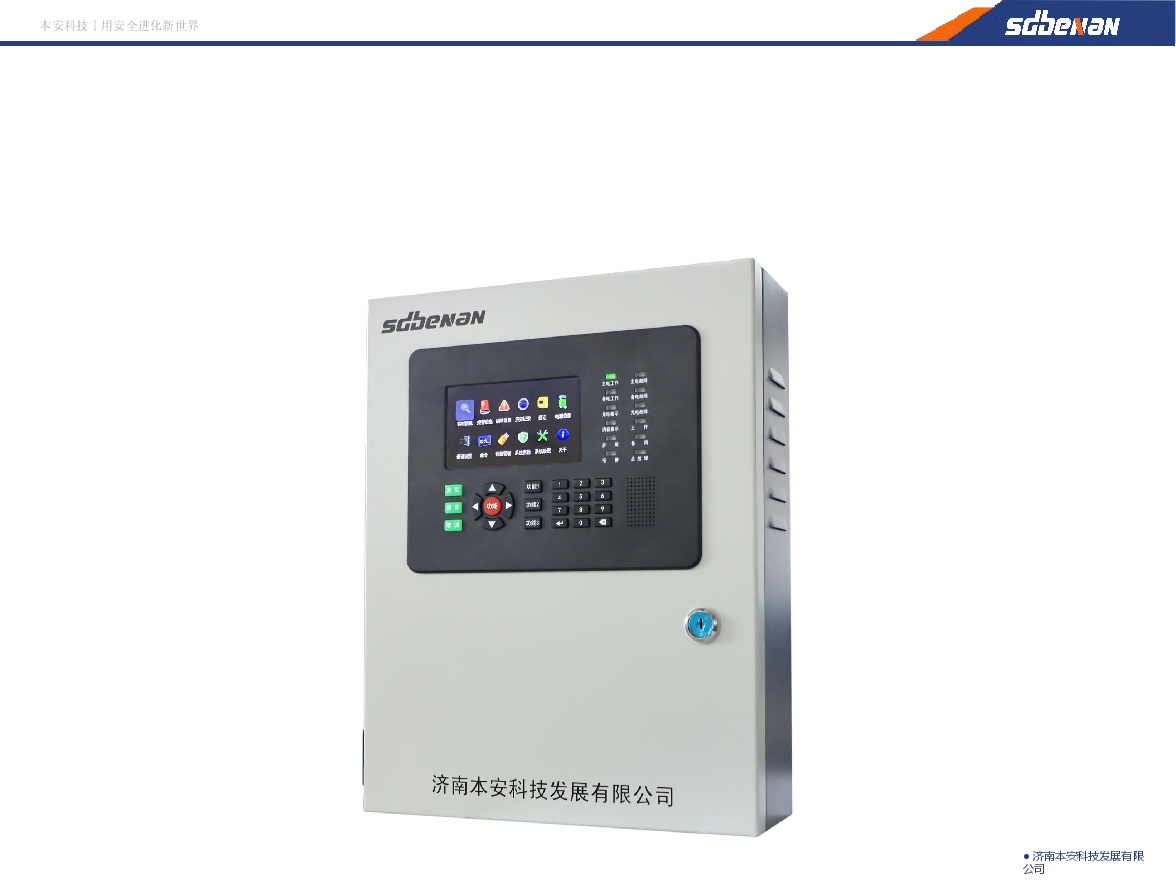Wedoany.com Report-Apr. 15, China and Spain have signed two agricultural trade agreements focusing on pork and cherries, strengthening economic ties between China and the European Union. The announcement was made by Spanish Prime Minister Pedro Sanchez during a visit to Beijing on Friday.
The pork agreement allows Spain to export pork stomach to China, a product widely enjoyed there but previously not permitted, according to Daniel de Miguel, international manager of Interporc, Spain’s pork producers association. The National Association of Spanish Meat Industries (ANICE) welcomed the development: “In a context of enormous international commercial turbulence, derived from the tariff crisis, we welcome with optimism and hope this new gesture from the Asian giant, which is opening up new options for the supply of pork products.”
The deal is seen as a positive step for Spain’s pork industry, which supplies a significant portion of the EU’s pork exports to China, including pig ears, noses, feet, and offal—products popular in China but less consumed in Europe. In 2024, China imported $4.8 billion worth of pork, with over half coming from the EU, and Spain leading in export volume. Even Rogers Pay, an agriculture analyst at Trivium China, noted: “This is great news for Spain’s pig farmers.” He suggested the agreement might indicate China could delay or soften its ongoing anti-dumping investigation into EU pork, set to conclude by June 17 but potentially extendable.
The cherry protocol further expands trade opportunities, though specific details were not disclosed. These agreements follow China’s recent decision to extend its investigation into EU brandy by three months and engage in discussions with the EU on minimum prices for Chinese electric vehicles. Pay observed: “This is part of a pattern of Beijing seeking to stabilise and improve its trade relationships with multiple key trade partners, including the EU.”
The agreements come amid global trade shifts, including a U.S. decision to pause tariffs for 90 days on several countries, prompting the EU to delay retaliatory levies on approximately 21 billion euros ($23.85 billion) of U.S. imports planned for April 15. The EU continues to evaluate its response to U.S. tariffs on cars and other goods.
These trade protocols highlight China’s efforts to maintain robust agricultural ties with Spain and the EU, supporting mutual economic interests while navigating complex international trade dynamics.











